Telekast-L Kid Tablet
SALT COMPOSITION
Levocetirizine (2.5mg) + Montelukast (4mg)
₹153.35 Original price was: ₹153.35.₹138.02Current price is: ₹138.02.
Telekast-L Kid Tablet
Overview:
Telekast-L Kid Tablet is commonly prescribed to children for the relief of allergy symptoms such as sneezing, runny nose, itching, watery eyes, and congestion. It may also help in managing asthma and skin allergies by reducing inflammation and improving breathing comfort.
How to Use:
Give this medicine to your child exactly as prescribed by the doctor. It can be taken with or without food, but it’s best to give it at the same time each day.
-
For asthma, give it in the evening or 2 hours before physical activity.
-
For allergies, give it in the morning or evening based on when symptoms usually start.
-
If your child vomits within 30 minutes of taking the medicine, you may repeat the dose unless the next dose is due soon.
Continue the full course even if your child feels better to ensure lasting relief.
Benefits:
-
Relieves common allergy symptoms
-
Helps control asthma triggers
-
Eases skin reactions like rashes and itching
-
Improves your child’s comfort and daily activity
Common Side Effects:
Telekast-L Kid Tablet is generally well-tolerated. Some children may experience:
-
Nausea or vomiting
-
Diarrhea or stomach pain
-
Dry mouth
-
Sleepiness or fatigue
-
Headache
-
Skin rash
-
Sore throat or mild fever
These are usually temporary and improve as your child’s body adjusts. Contact your doctor if any symptoms persist or cause concern.
How It Works:
Telekast-L Kid Tablet contains Levocetirizine and Montelukast.
-
Levocetirizine blocks histamine, a substance that causes allergy symptoms.
-
Montelukast blocks leukotrienes, which trigger swelling in the airways.
Together, they reduce allergic reactions and help your child breathe easier.
Safety Information:
-
Kidney Issues: Use with caution in children with kidney problems. Not recommended for severe kidney conditions.
-
Liver Issues: Generally safe, but consult the doctor in case of severe liver disease.
-
Missed Dose: Give the missed dose as soon as you remember. If it’s close to the next dose, skip the missed one. Never double the dose.
Important Reminder:
Always share your child’s full medical history with the doctor, including any past allergies, asthma, or health conditions. This helps ensure safe and effective treatment.
| Pack size | 10 tablets |
|---|
Rosuvas 20mg- Tablet
Autrin Hematinic Capsule
Clopivas-300 Tablet
Maxgalin 75mg- Capsule
Levosiz-M Kid Tablet
Ocid-D Capsule
Quantity Discount..???? Buy more save more!
Buy from 3 to 5 items and get 1% OFF
on each productBuy from 6 to 10 items and get 2% OFF
on each productBuy from 11 to 20 items and get 3% OFF
on each product


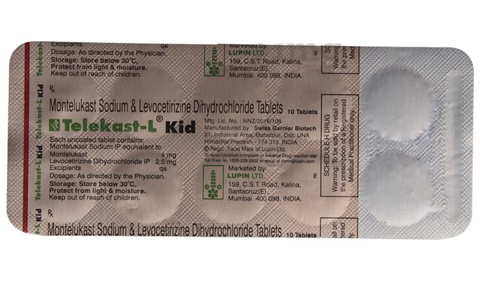
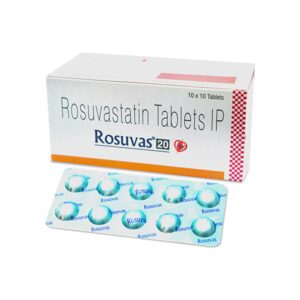
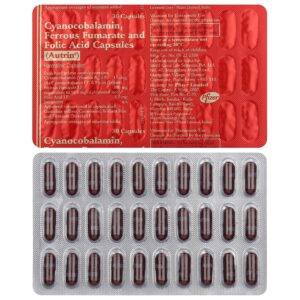
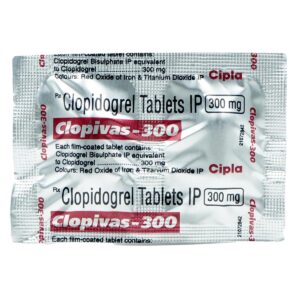


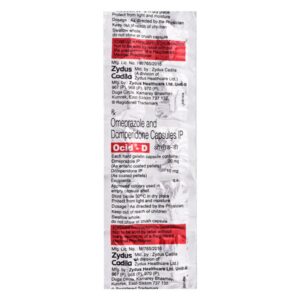


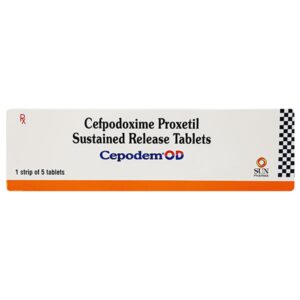
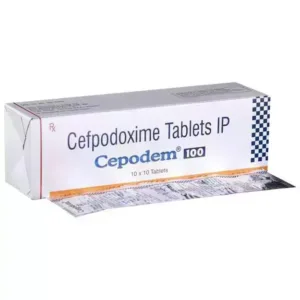
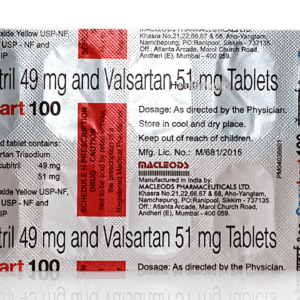

Leave a Reply